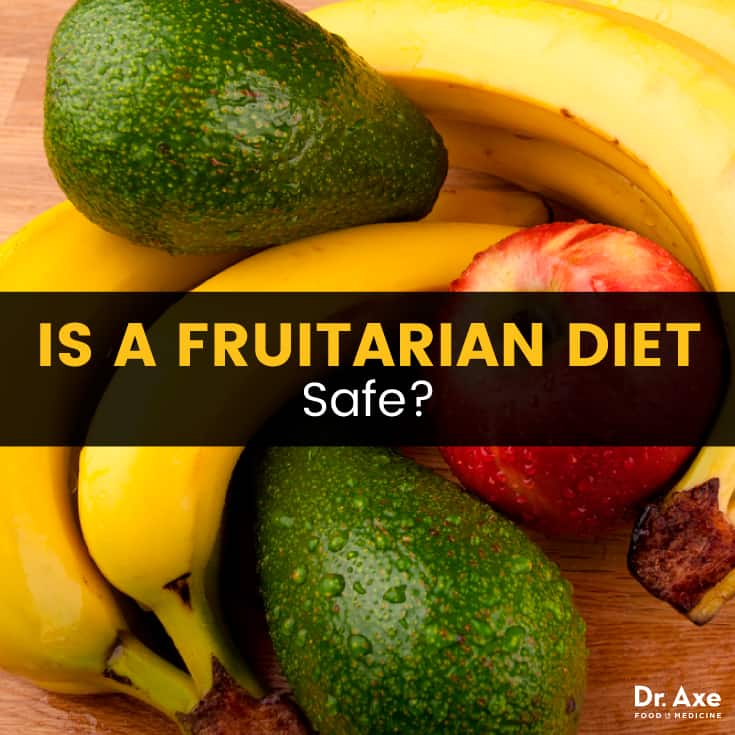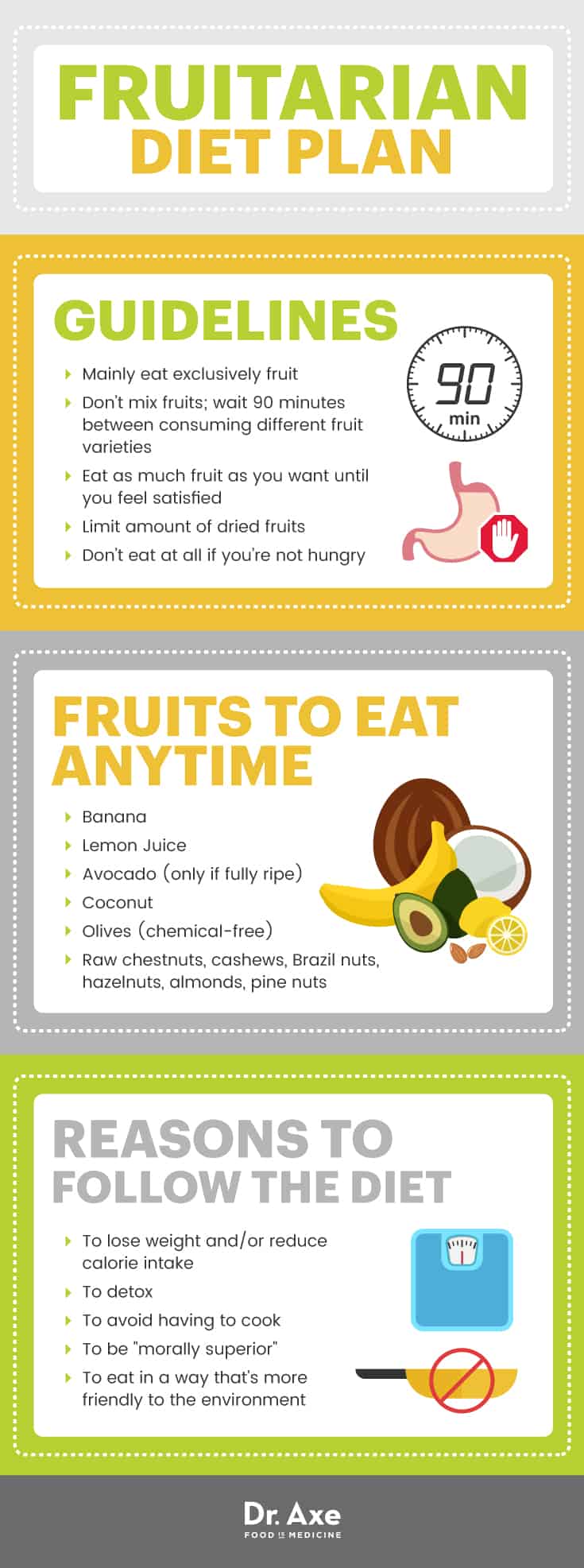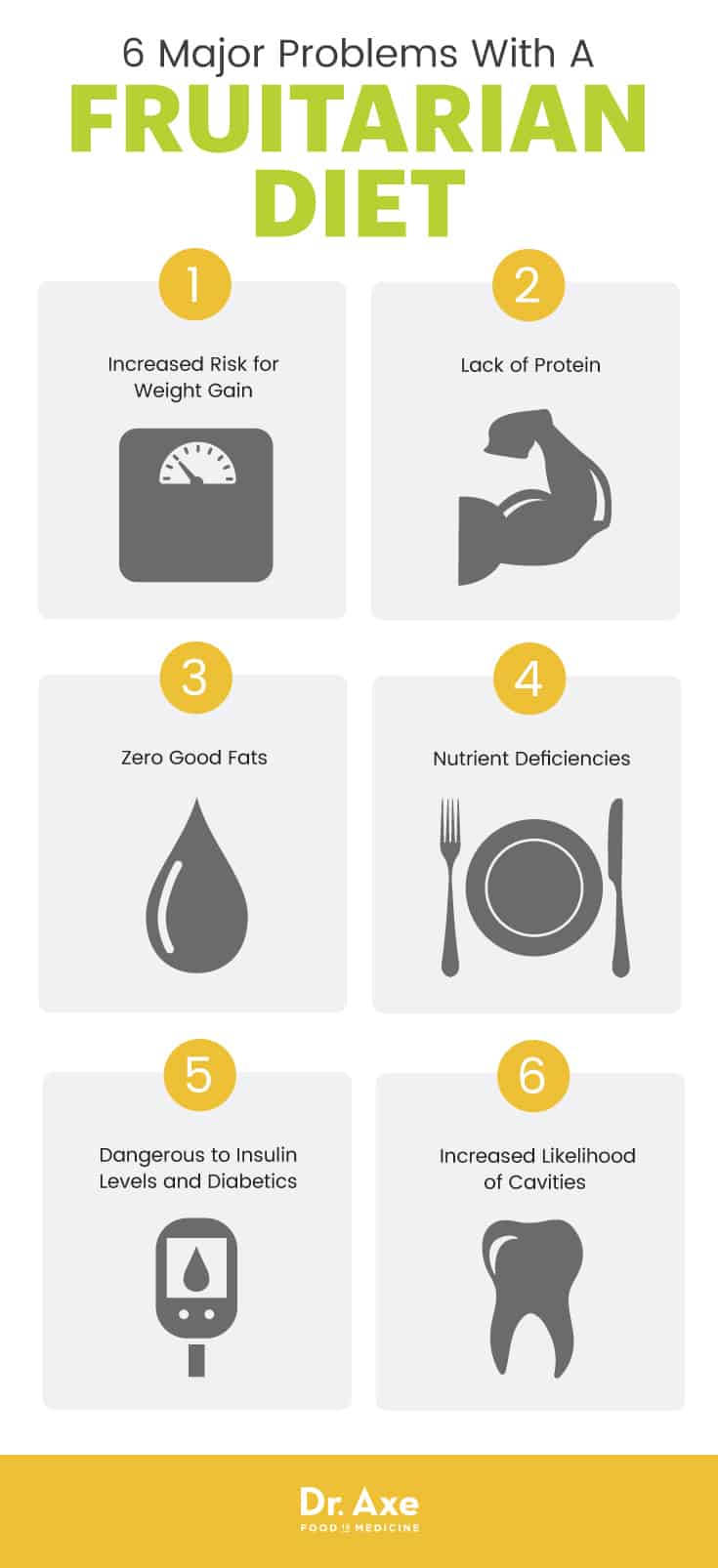This Dr. Axe content is medically reviewed or fact checked to ensure factually accurate information.
With strict editorial sourcing guidelines, we only link to academic research institutions, reputable media sites and, when research is available, medically peer-reviewed studies. Note that the numbers in parentheses (1, 2, etc.) are clickable links to these studies.
The information in our articles is NOT intended to replace a one-on-one relationship with a qualified health care professional and is not intended as medical advice.
This article is based on scientific evidence, written by experts and fact checked by our trained editorial staff. Note that the numbers in parentheses (1, 2, etc.) are clickable links to medically peer-reviewed studies.
Our team includes licensed nutritionists and dietitians, certified health education specialists, as well as certified strength and conditioning specialists, personal trainers and corrective exercise specialists. Our team aims to be not only thorough with its research, but also objective and unbiased.
The information in our articles is NOT intended to replace a one-on-one relationship with a qualified health care professional and is not intended as medical advice.
Fruitarian Diet: Are All-Fruit Diets Dangerous to Your Health?
July 26, 2017

Have you ever read about the Steve Jobs diet? Well, it sounds like it changed quite frequently, but for some time he was following a fruitarian diet. At other times, he would limit his diet even further to just one or two fruits or vegetables. (1)
Preparing to play Mr. Jobs back in 2013, actor Ashton Kutcher got really into the movie role and even followed a fruitarian diet himself. How did that go? Not very well at all. Kutcher ended up in the hospital just two days before he was supposed to begin shooting the movie. (2)
So what is a fruitarian? A fruitarian is a person who lives mainly or exclusively upon fruit. If you think this sounds like another one of those extreme fad diets, I wouldn’t disagree with you. Trying to live on a fruit diet, especially for a long period of time, means a loss of so many nutrients that are vital to our health, and the risk for malnourishment is extremely high according to experts. (3)
There is unfortunately a lack of research on the fruitarian diet, but in my opinion, it’s not an ideal diet, especially with all of the other healthier diet options available to us today.
What Is a Fruitarian?
A fruitarian is someone who follows a fruitarian diet. Fruitarians live exclusively or mostly on fruit, typically raw fruit to be more exact. Some fruitarians include nuts and seeds in their diets, but vegetables, grains and all animal products are typically off limits.
So can you get by eating a nuts and berries diet? Well, adding nuts and seeds to an all-fruit diet is definitely better than strictly eating fruit alone since nuts and seeds add much needed protein and fat. However, a fruitarian diet concentrates so much on fruit that someone who follows this diet misses out on a huge amount of healthy foods and nutrients.
Apparently, there is some variation to exactly how much fruit some fruitarians eat these days. Depending on the source, if you get 50 percent to 75 percent of your daily calories from fruit then you may be warranted to call yourself a fruitarian. (4)
Are fruitarians healthy? They clearly eat a lot of fruit, which does technically include foods we often think of as vegetables, such as tomatoes, cucumbers, peppers and zucchini. Avocados are also considered fruit so they’re OK for fruitarians too, and thankfully so because this is one of the few fruits that actually has significant fat content.
Another good reason that many mistaken vegetables are actually fruit is the fact that they’re all generally much lower in sugar compared to the foods we more commonly think of as fruits, such as bananas, melons and grapes. But even with the array of fruits to choose from, there is still so much lacking in a fruitarian diet — from protein to fat to many key vitamins and minerals.
Can you live on a fruit-only diet? Is it possible to successfully be a fruitarian? According to Gaynor Bussell, a spokesman for the British Dietetic Association: (5)
It’s virtually impossible to get all the nutrients you need. You would miss out on essential fatty acids. One of the big ones is B12, and you can get anemia if you don’t get enough. And deficiencies in calcium, protein and iron would lead to tiredness and lethargy. You would be prone to osteoporosis. The immune function would probably be quite low. We have to have things from all the different food groups for a reason.
I completely agree with Mr. Bussell — a fruitarian diet just does not equate to optimal health, especially in the long term.
So is it healthy to eat only fruit? It depends on whom you ask or what stories you hear from people who have actually tried this fruit diet. You may have heard about Kutcher’s health scare a few years back. The star found himself suffering with severe stomach pains, which were attributed to a problem with his pancreas. The cause? An all-fruit diet, the fruitarian diet, that Kutcher went on modeled after a very common eating regime of Jobs himself.
Kutcher said, “I was like doubled over in pain, and my pancreas levels were completely out of whack, which was completely terrifying, considering everything.” (6)
What Kutcher may mean by “considering everything” is that Jobs was known to have followed an all-fruit diet, and he died from pancreatic cancer at only 56 years old. According to Walter Isaacson’s biography, “Steve Jobs,” Jobs began extreme dieting, such as the all-fruit diet, his freshman year in college.
While the fruit diet plan and others are intended as a way to detox the body, many doctors and nutritionists alike are concerned about the impact following an all-fruit diet may have on your health, especially if one of these diets is followed long term.
Fruitarian vs. Vegan
How do these two diets compare? Both fruitarian and vegan diets are subsets of the vegetarian diet. Being a vegan or a fruitarian means you restrict your diet a lot more than a vegetarian who mainly avoids meat.
Vegans actually eat a lot more foods than fruitarians. Vegans typically avoid animal products like cheese and milk in addition to meat, but they still eat vegetables and grains. A true fruitarian usually doesn’t make any exceptions to the all-fruit diet unless adding some nuts and seeds.

Diet Plan
According to the United States Department of Agriculture, adults should have one and half to two cups of fruit per day, and that “fruit” equates to an actual piece of fruit or something that is made from 100 percent pure fruit juice. (7) A typical fruitarian certainly has significantly more than the suggested maximum of two cups of fruit per day.
According to the Fruitarian Foundation, you should mainly eat exclusively fruit, but you should not mix fruits so you must wait at least 90 minutes between consuming different varieties of fruit. You can also eat as much fresh fruit as you want (“until you feel satisfied”) but limited amounts of dried fruits, and you shouldn’t eat at all if you’re not hungry. Certain fruits are also recommended for certain times of the day, but the following are permitted anytime: (8)
- Banana
- Lemon juice
- Avocado (only if fully ripe)
- Coconut
- Olives (chemical-free)
- Raw chestnuts, cashews, Brazil nuts, hazelnuts, almonds and pine nuts
So why do some people decide to try out a fruitarian diet temporarily or for a long period of time? Possible reasons why someone chooses to become a fruitarian are said to include: (9)
- To lose weight and/or reduce calorie intake
- To detox
- To avoid having to cook
- To eat in a way that is more friendly to the environment
Dangers
On the plus side, it’s true that fruits are high in antioxidants, especially vitamin C and beta-carotene, which are known to have powerfully positive health effects. However, the bad seems to outweigh the good when it comes to a fruitarian diet.
According to Melissa Moore, spokesperson for the Academy of Nutrition and Dietetics, when fruit is the only food consumed, you miss out on a lot of essential nutrients. (10)
This is nothing to take lightly since nutrient deficiencies increase the possibility for all kinds of minor to major health problems. Here are some of the possible health risks when it comes to a fruitarian diet:
1. Increased Risk for Weight Gain
When you consume a fruitarian diet, you may lose weight, but it’s likely to come back when you stop following the diet — or you can even be more likely to gain weight when eating so much fruit.
According to Laura Jeffers, a registered dietitian and outpatient nutrition manager at the Center for Human Nutrition at the Cleveland Clinic, “You might lose weight on the fruitarian diet, but I don’t consider this a true benefit. Any losses are likely to disappear if you abandon the diet, and your weight will creep back up.” (11)
With a high consumption of fruits comes a high consumption of sugar so it’s not surprising that weight gain is one of the major risks of a fruitarian diet.
2. Lack of Protein
One of the most vital nutrients to consume is protein. Proteins are molecules made up of smaller molecules known as amino acids. They’re used to build virtually everything in the body from skin, hair and nails to the hemoglobin in your blood.
Proteins can be found in meats from land animals as well as fish and fowl. Nuts, seeds, beans and dairy products also provide protein. There are also whole grains containing proteins, such as brown rice, whole wheat, quinoa and barley.
The only solid protein sources allowed on most fruitarian diets are certain nuts and seeds in small amounts. Consuming an all-fruit or almost all-fruit diet makes it very easy to fall short on daily protein needs, resulting in protein deficiency.
3. Zero Good Fats
Another major concern of all-fruit diets is the lack of good fats, especially omega-3 essential fatty acids. The consumption of essential fatty acids and other good fats is vital to many bodily functions, including maintaining proper hormone levels and brain functions.
A fruitarian diet only allows a few sources of good fats in minimal amounts. Some of the best sources of omega-3 fatty acids that are not allowed on a fruitarian diet include wild-caught salmon and sardines.
4. Nutrient Deficiencies
Proteins and good fats aren’t the only things the body can be depleted of when following a fruitarian diet. Vitamins and minerals lacking in the fruitarian diet also tend to include calcium, iron, zinc, vitamin D as well as all of the B vitamins. Now that’s a list of highly significant nutrients.
We’re talking about nutrients that are absolutely necessary to the healthy functioning of our bodies on a daily basis. For example, you’ll notice there are no fruits included on my high vitamin D food list. Low levels of vitamin D have been associated with obesity, breast cancer, colon cancer, prostate cancer, depression and high blood pressure. (12)
The list goes on and on with the possible health risks you can encounter when deficient in one or more any of the nutrients vital to human health that aren’t prevalent in most fruitarian diet plans.
5. Dangerous to Insulin Levels and Diabetics
Guess what all fruits have in common? Sugar content. A few are lower in sugar like avocados and berries, but overall, the majority of fruits are naturally quite high in sugar. Yes, it may be natural sugars, but if you’re a diabetic, prediabetic or struggle with blood sugar balance, then you know that when it comes to sugar in any and all forms, you have to be careful about your intake in order to maintain a healthy pancreas and optimal insulin levels.
It’s natural for the pancreas to secrete insulin when you consume carbohydrate sources like fruit. If you’re only eating or mainly eating a diet of fruit, it makes complete sense how this could overwork the pancreas. If you’re a diabetic or even prediabetic, a fruitarian diet can be simply dangerous to your health.
6. Increased Likelihood of Cavities
Due to the naturally high sugar content of fruits, a fruitarian diet has been linked to a higher likelihood of tooth decay and cavities. Not only are fruits typically loaded with sugar, but a lot of fruits are also quite acidic, which can lead to erosion of tooth enamel. The sugar and acid content of fruits can be a lethal combination when it comes to tooth health for fruitarians.

Better Options
There are so many diets that are much more well-rounded and healthier than a fruitarian diet. The reasons for partaking in extreme dieting are usually to either lose weight or detox the body.
Healthy eating, as I’ve outlined in my book “The Real Food Diet Cookbook,” is the best way to reach or maintain a healthy body weight. It’s vital to eat a balanced diet and not attempt to survive on just one food group.
Other diets that are much healthier and not as extreme as a fruitarian diet include the healing foods diet and the Mediterranean diet. I would highly recommend trying those rather than experimenting with an all-fruit diet.
Final Thoughts
- Both Steve Jobs and Ashton Kutcher engaged in an all-fruit diet, otherwise known as a fruitarian diet.
- Fruitarian diets have been shown to cause pancreatic and kidney issues.
- All-fruit diets deplete the body of essential vitamins, minerals and nutrients.
- Fruitarian diets can lead to weight gain or weight loss that doesn’t last.
- Proteins and fats are two important nutrients the body is likely to be deficient in when you consume a fruitarian diet.
- It’s essential to eat a balanced diet, such as the one outlined in my book, “The Real Food Diet Cookbook.”
- Fruit certainly has its benefits and a place in a well-rounded diet, but living on fruit alone is risky business.

